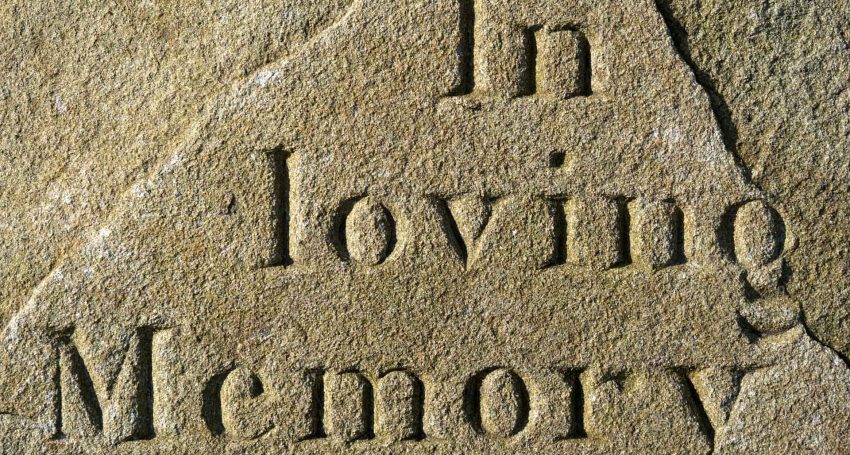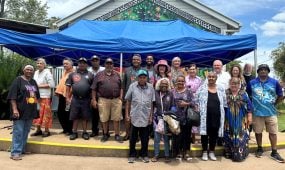Grief and acceptance
Reflections
“True acceptance is, I believe, taking into oneself the loss, and incorporating it into our lives,” says The Rev’d Andrew Schmidt on the grief we experience when loved ones die

Recently, I have been connected to a number of funerals, and have been consequently left thinking about the ways in which people approach a funeral service and the experience of grief.
Often my first connection to a funeral is after the person has died, and I get a call saying the family would like a priest to take the service. We arrange a meeting and speak about the order of service and what would honour the loved one who has died. Sometimes expressed in that meeting is the idea that a funeral will be a key component for helping the family to accept the death of the person involved.
Advertisement
That term ‘accepting’ has taken a significant part of its meaning in the modern context from the well-known book by Elisabeth Kübler-Ross entitled On Death and Dying. Even if you have never read the book, you have probably heard about the stages of grief it describes – it even got a Simpsons reference on TV a few years ago. The book was written reflecting Kübler-Ross’ observations of patients with terminal diseases, and her insights have been applied to many other areas of grief – sometimes without taking into consideration that the original schema was for a very particular context, and often critiqued.
Returning to the funeral and the expectations. For some grieving people, the hope is that the funeral will help enable them to ‘accept’ the death of a loved one; however, by the strange alchemy of modern society the word ‘accept’ has come to mean the opposite of its origin. People hear that accepting the death of a loved one means that they should no longer grieve their passing, that they should be inured to the bittersweet pain of memories, and cut out of themselves the loss that they experience.
True acceptance is, I believe, taking into oneself the loss, and incorporating it into our lives. We recall the loss. We are saddened by the loss, but not overwhelmed by it and not controlled by it. I know that this takes time and effort, but it also brings the idea full circle to one of the most important questions of a funeral service: what will honour the loved one who has died?





